In September, during my visit to China, I had the opportunity to explore the port city of Qingdao. I was there, upon the invitation by the Chinese government, as part of a media delegation. Along with some fellow journalists, I decided to dine at a restaurant in Qingdao city. As we entered the restaurant, chatting and marvelling at its ambiance, my close friend Akbar Notezai, and I shared a laugh. When we were seated a young woman approached our table and greeted the two of us with "Che Halle, Shoma Koje Mardome," which means "How are you, and are you guys Baloch?"
Akbar and I were intrigued by her Makrani dialect, which happens to be my dialect of Balochi. We couldn't resist asking her what brought her to this restaurant in China.
She introduced herself as Aidah Baloch, a PhD fellow majoring in fisheries resources at the Ocean University of China (OUC), supported by a Chinese Government scholarship. She hails from Ormara, Gwadar District in Balochistan.
Talkative and friendly, Aidah struck me as a remarkable and exemplary representative of the Baloch.
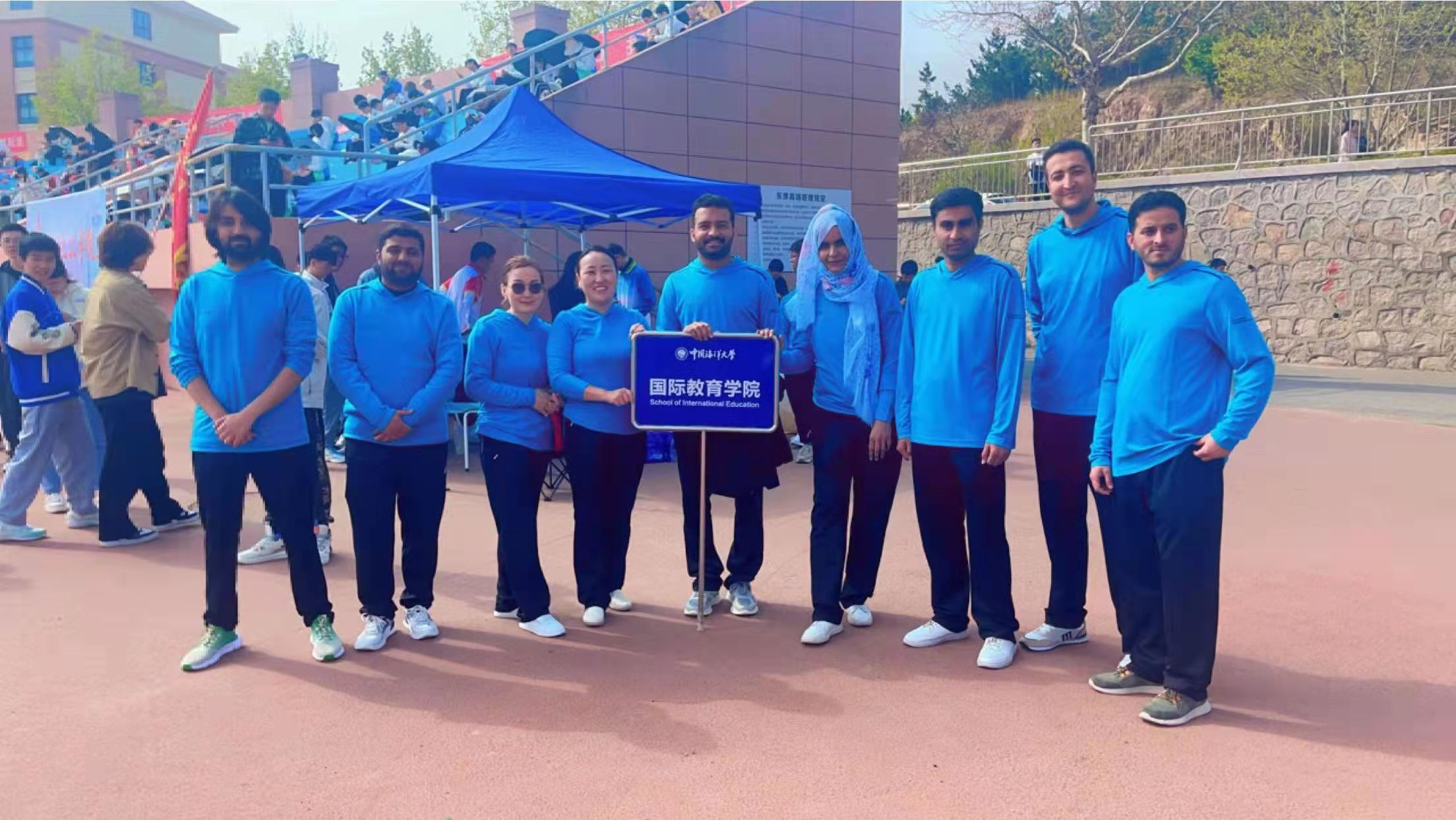
She learnt about her scholarship through the social media app X, and successfully enrolled in a program in China. "My scholarship is fully funded by CSC for the 2022-2026 session at Ocean University of China, and I receive a monthly stipend of 3,500 Yuan to cover all my expenses."
Aidah completed her primary education in Ormara and then went to live with her aunt, Gul Faiz, in Gwadar, where she completed her FSC and BSC at Degree College Gwadar. "During my bachelor's, I also worked as a teacher at The Citizen Foundation (TCF). I wished to continue my studies, so I secured admission in Zoology at Sardar Bahadur Khan University in Quetta," she said.
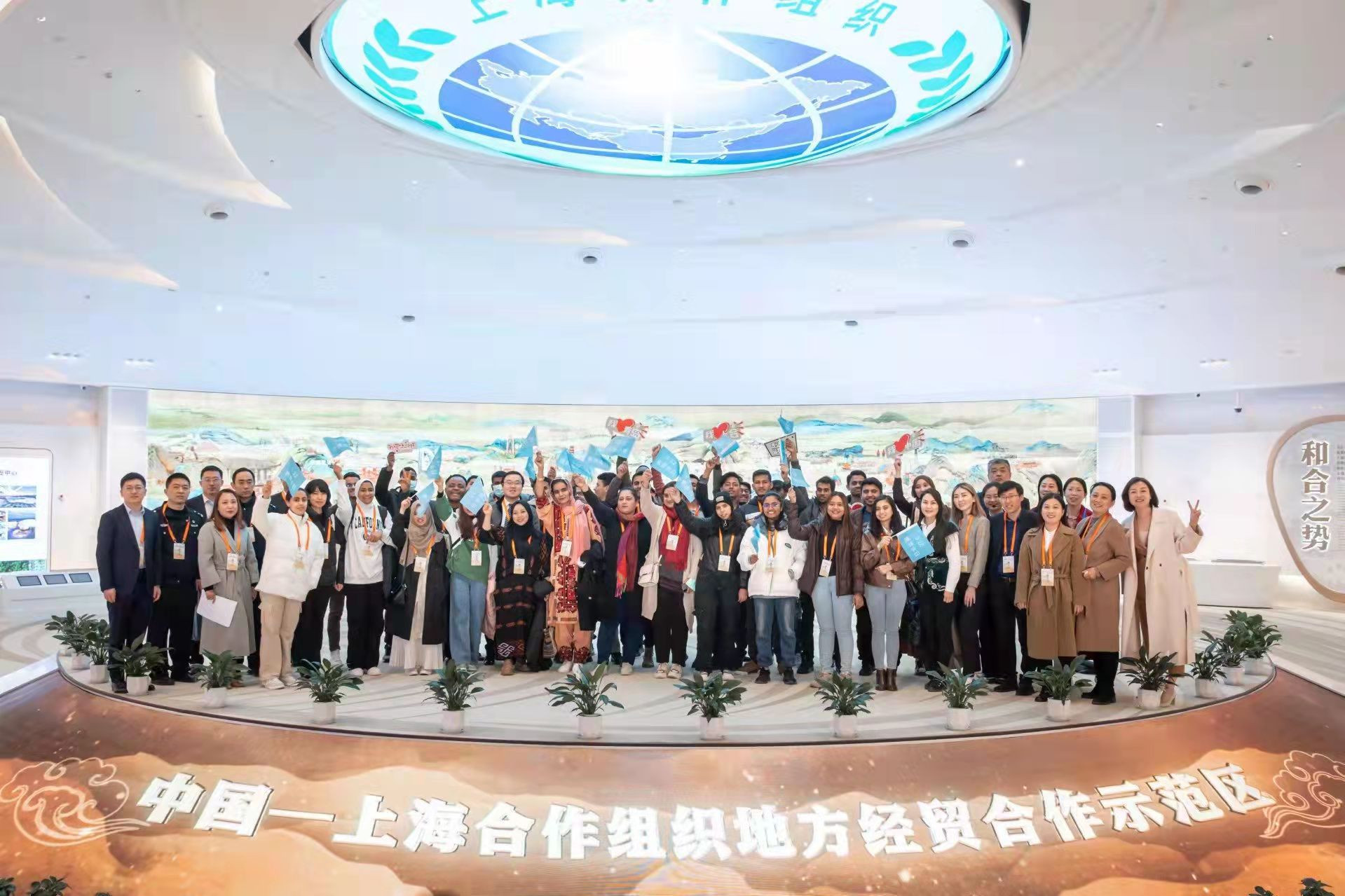
She obtained her MPhil Degree from Lasbela University of Agriculture, Water, and Marine Sciences and also worked as a lecturer of biology at GDA College Gwadar. "After completing my MPhil, I was determined to continue my education and applied for the Chinese Scholarship Council 2022, and here I am," she said.
Aidah’s PhD research focuses on the fisheries sector in Balochistan. She highlighted that her work centres around the fish stock of Balochistan, with various projects related to it. "My research aims to calculate the length-weight relationship, estimate growth parameters, evaluate mortality rate parameters [including fishing mortality, natural mortality, total mortality, and exploitation rate] and contribute to our understanding of the biological aspects and the current status of fisheries. The findings will assist fishery managers in setting future fishing goals," she explained.
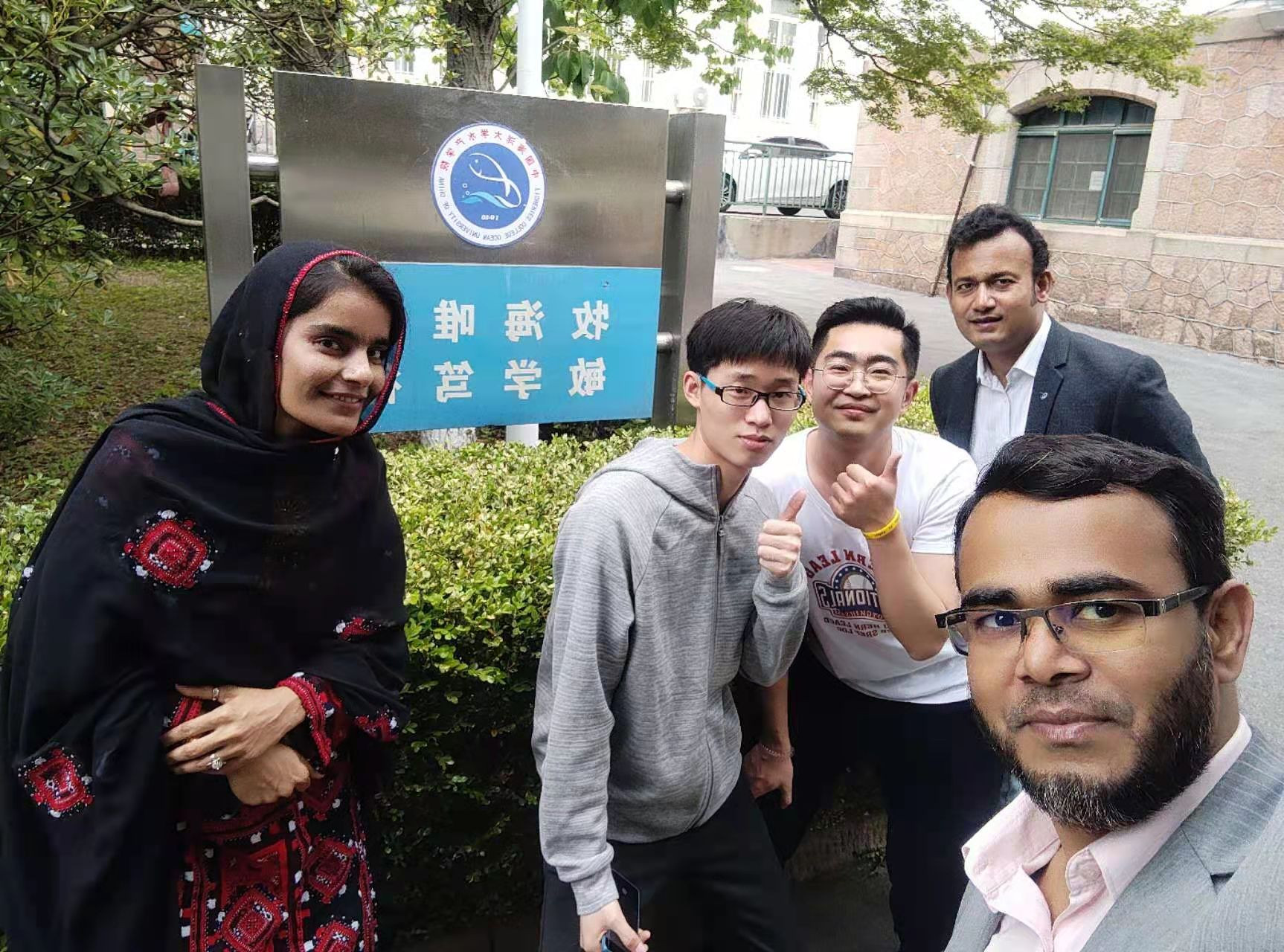
I am not an expert, but her research sounded important, so I asked about her opinion on the current challenges in the fisheries sector of Balochistan. "The majority of people in the coastal belt of Balochistan depend on the fisheries sector for their livelihood. However, there are numerous challenges, such as non-seasonal fishing and the absence of a well-established market. People lack information and research about aquatic life, sustainability, and maintenance," she replied.
"So what could be done?" I asked. She went on with a list of reforms, including the transformation of fisheries management from short-term exploitation to long-term sustainability, which is essential for the economic and social well-being of communities around Balochistan. She also stressed that innovative tools like rights-based management and fleet capacity reduction schemes nested within multi-annual management frameworks can address this problem and help maintain economically and ecologically viable fisheries. Aidah stresses that the key is to reform subsidies that expand capacity into support for effective fisheries management.
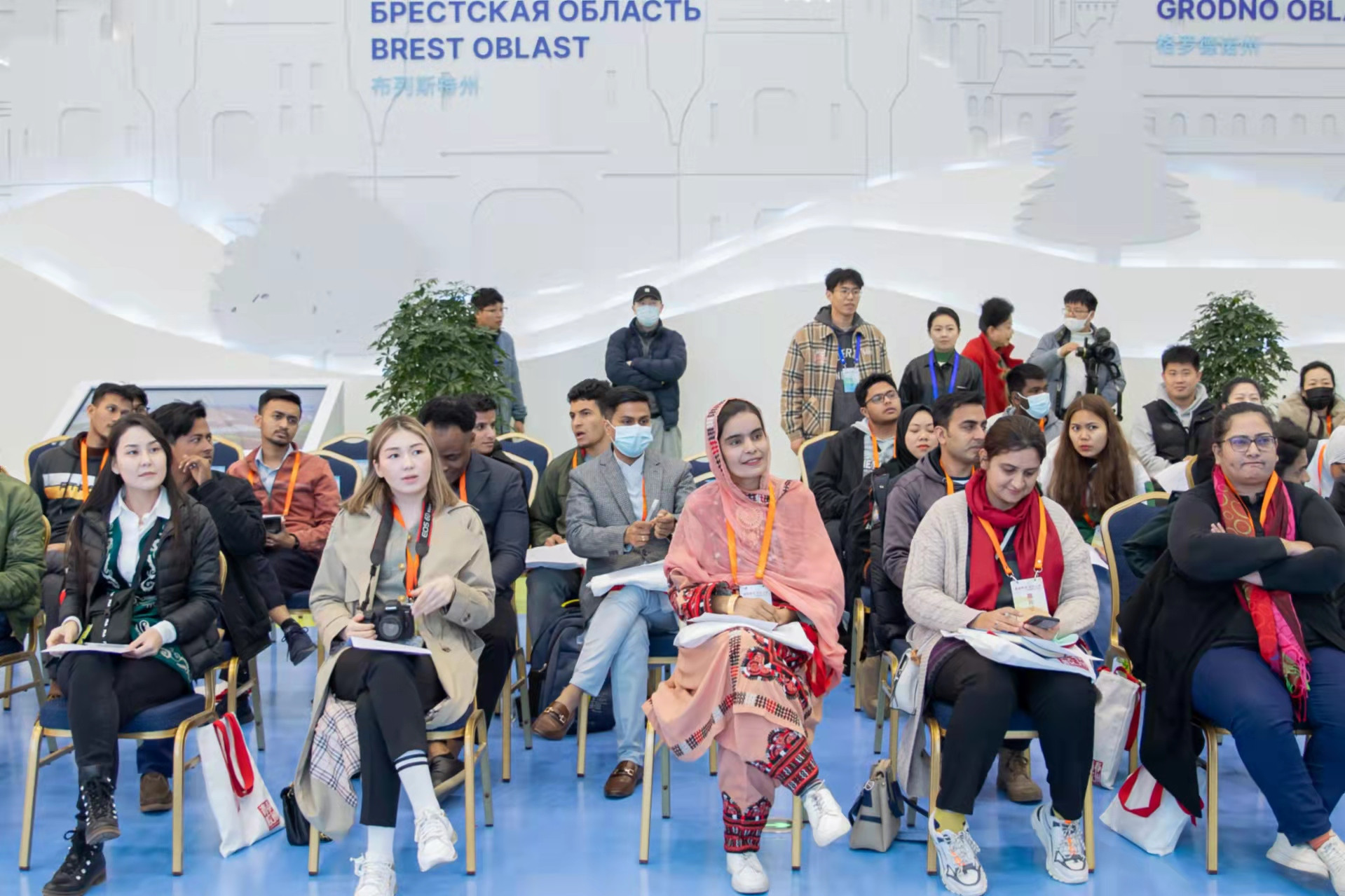
She also recommended some management reforms to declare Marine Protected Areas (MPA) to save the nursery grounds of fisheries. Aidah also protested about the illegal trawling. She said “Small, mesh size trawling and other illegal, unreported, and unregulated fishing nets must be banned to save the small-sized fish, and fishing should be completely banned during the fish breeding season.”
The waiter of the restaurant brought our food to the table, which we had ordered online earlier. We talked about how little we knew about Chinese food, culture, and obviously the people. I thought this food was not the kind of Chinese food we are used to in Pakistan, which is more like a spicy desi fusion of Chinese cuisine. I inquired Aidah how she adjusted in China and whether it was challenging.
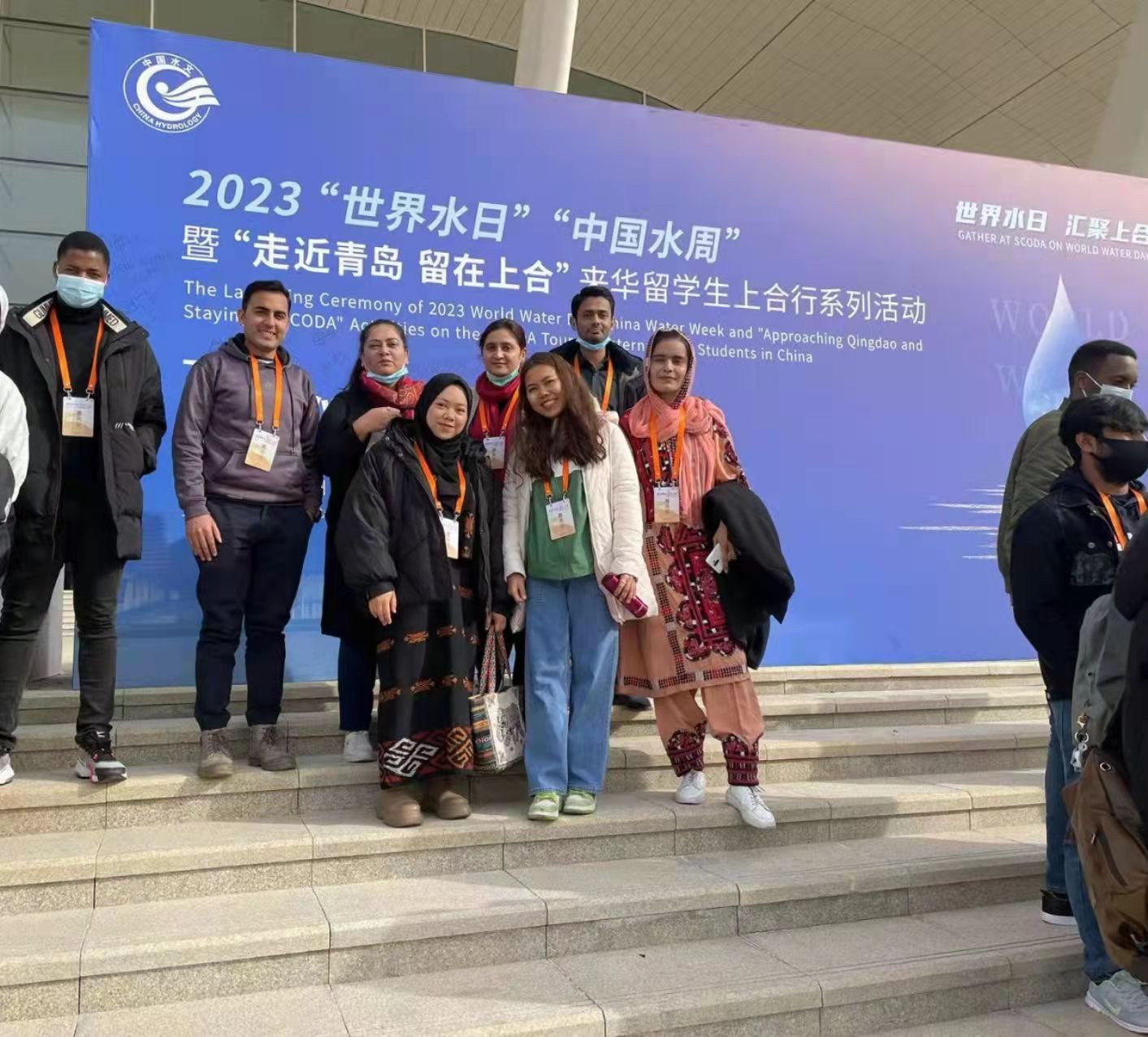
“Chinese culture is unique in its own way,” she said. “The people are welcoming and hospitable, and even my professor treats me like family.” What does she like most about China? “First of all, Ocean University of China feels like a dream come true, and secondly, the never-tiring spirit of the people and their hardworking nature. This is what I like about China,” she replied.
There is a general conception and trend among students who study abroad, and even those who are studying or working in their own countries, that a better life awaits them abroad. Nobody wants to return to an underprivileged life devoid of the basic necessities. The case becomes stronger when the student is from Balochistan, yet Aidah seems determined to come back to Balochistan and serve there.
“After my PhD, I plan to serve in my hometown, Gwadar. My aim is to apply for a university lectureship and serve in the fisheries sector as a biologist too,” she said. “I will try to utilise my expertise to aid organisations and others in sustaining fish food sources and protected habitats.” Aidah’s goals are commendable because she plans to give back to her hometown and work for its betterment.
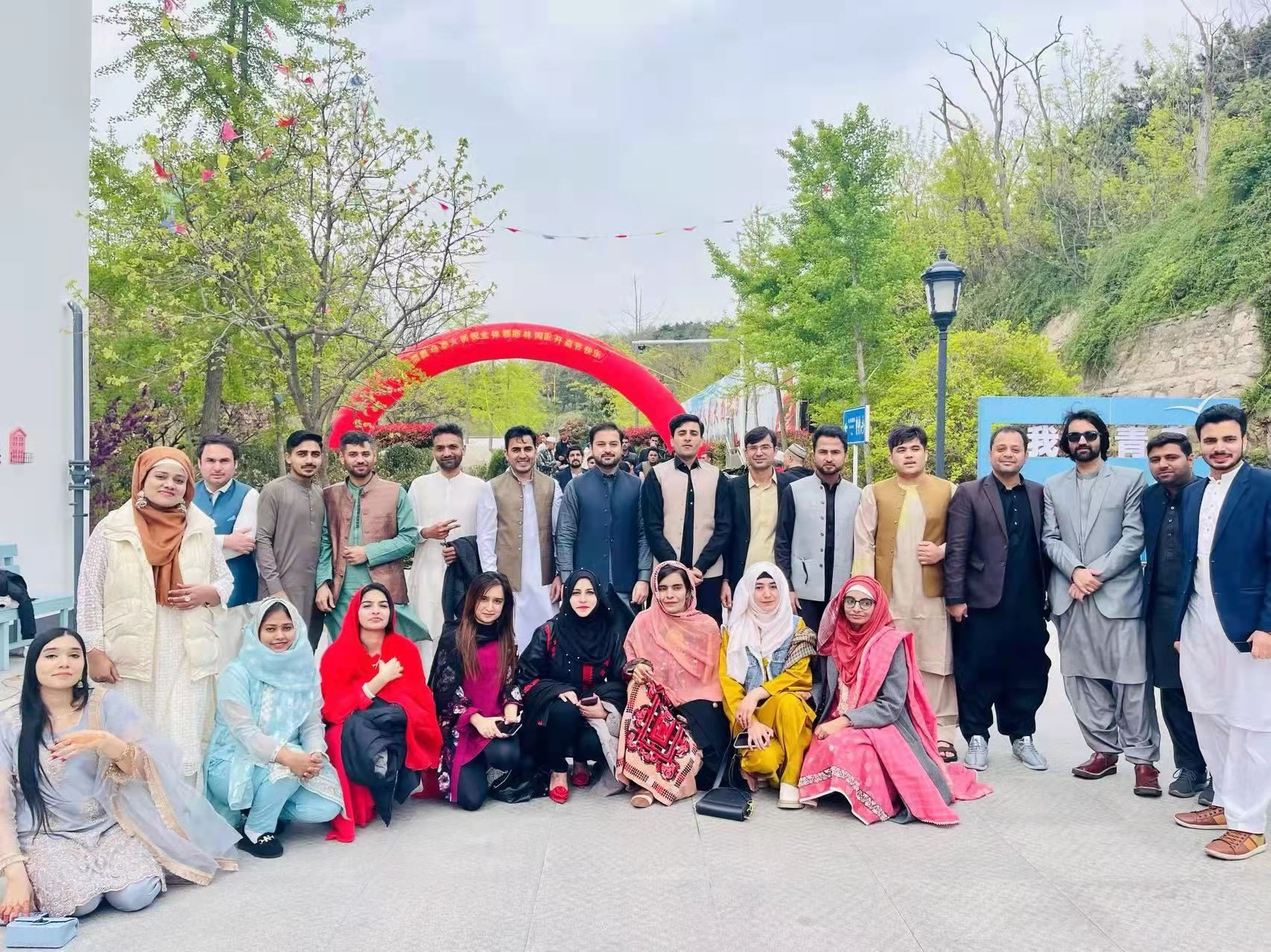
The daughter of a fisherman and a sister to six other siblings, Aidah’s pursuit of a PhD in fisheries is undoubtedly inspiring and motivational, not only for girls but for all scholars aiming to turn their dreams into reality.
Balochistan is undoubtedly rich in its untapped resource potential, but the untapped talented scholars of Balochistan are no less promising. Sadly, they are deprived of opportunities. Aidah acknowledges realises this. She and her colleagues hold online sessions to inform people about scholarship opportunities. She herself is thankful for the opportunity, guidance and support she had received as a girl from Ormara. “I am thankful to everyone who supported me, including my parents, my teachers, my brothers, and my aunt Gul Faiz,” Aidah said. To the dreamers like her she has this to say: “Dream big! There's nothing out of your reach, and don’t forget to stay humble during the process.”
Our conversation ended with our dinner but the meeting left an impact on us which forced me to relate the account about this determined girl from Ormara.
Muhammad Zafar Baloch is freelance journalist based in Quetta
All facts and information are the sole responsibility of the writer
